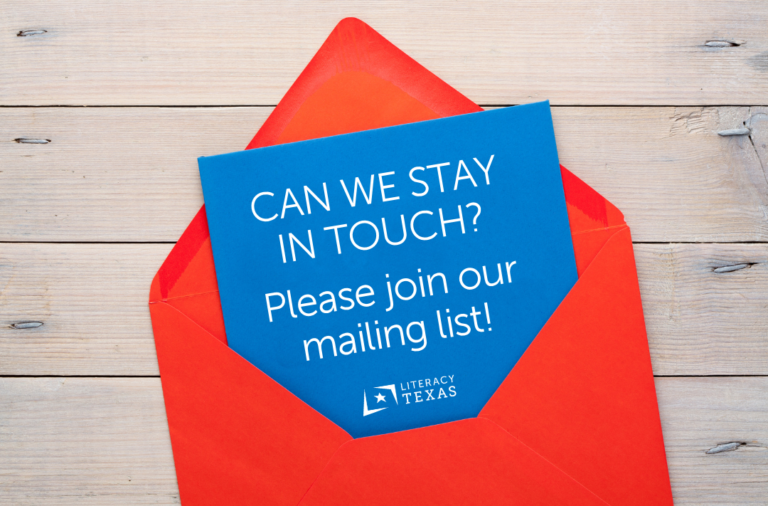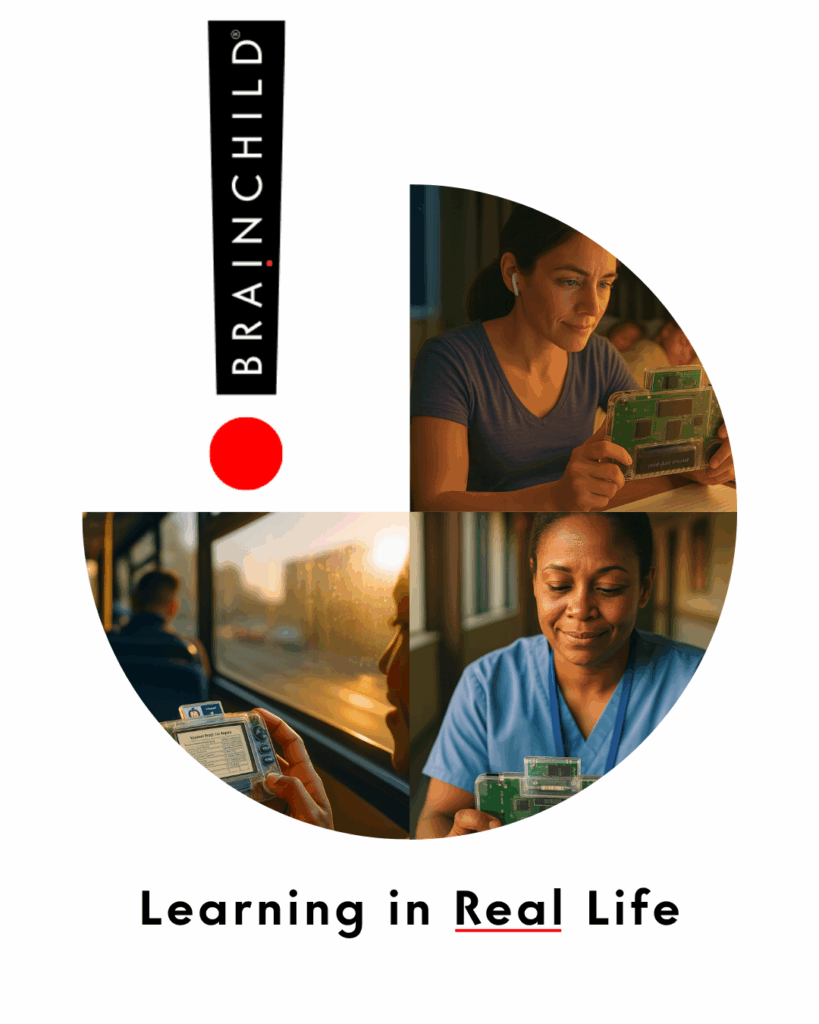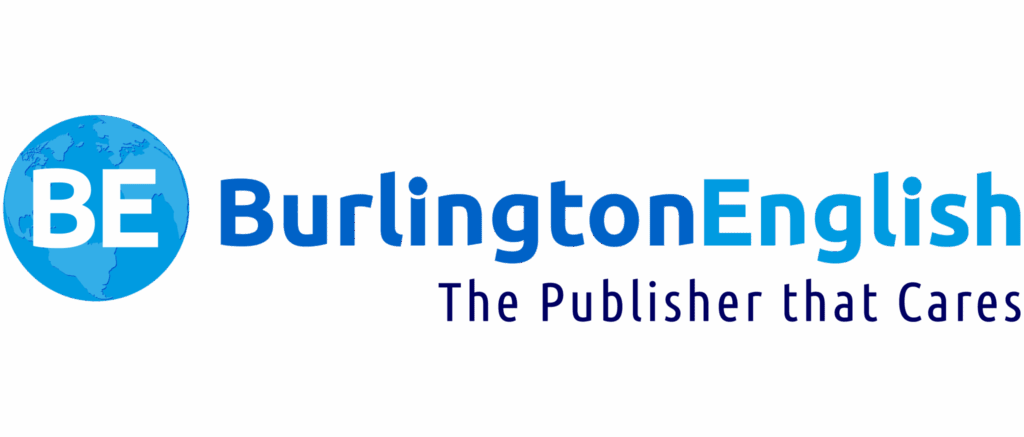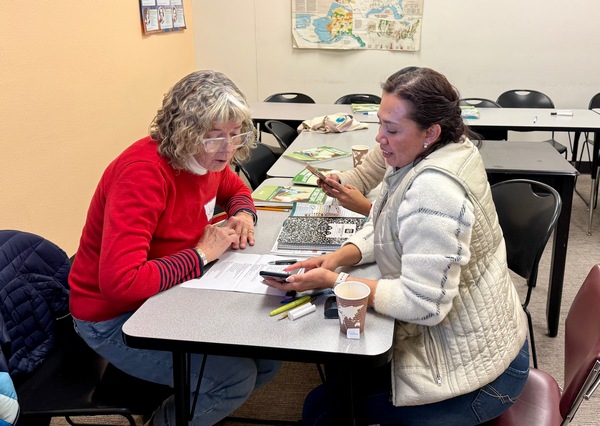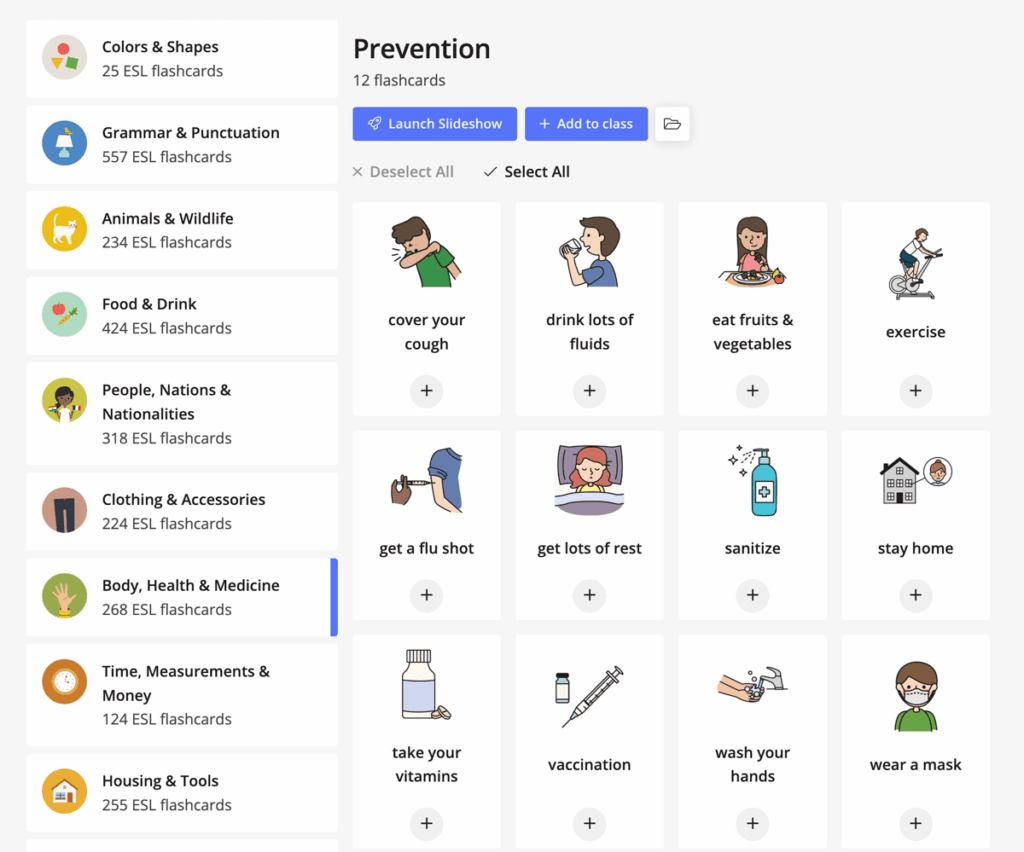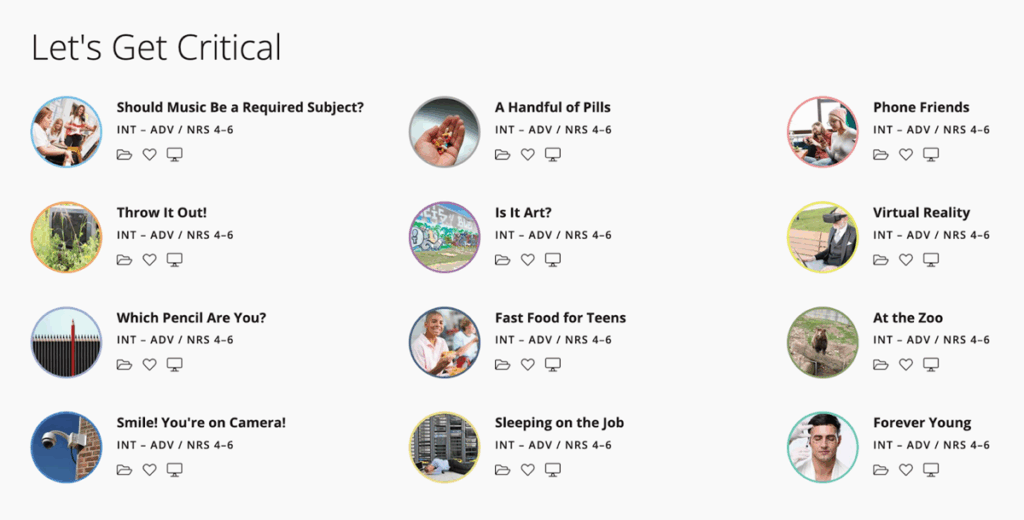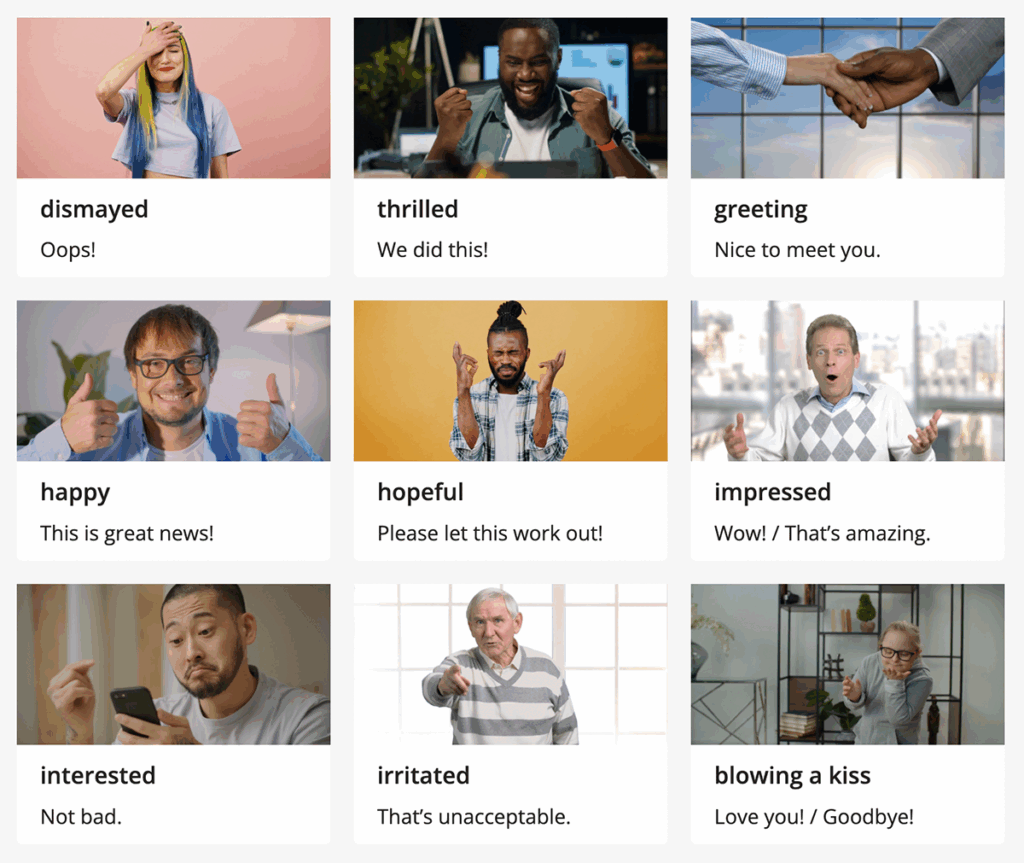This is a guest post by Scanning Pens, a 2025 Annual Conference sponsor.
Across Texas, adult learners and families are facing a literacy crisis that has only deepened in the wake of the pandemic. Whether it’s a parent trying to help their child with homework, an adult returning to school, or a family learning English together, the need for accessible, effective reading support has never been greater.
That’s where the C-Pen Reader 3 comes in—a pocket-sized, touchscreen reading pen that’s changing the game for literacy learners of all ages.
A Tool for Today’s Literacy Challenges

The C-Pen Reader 3 is designed to read printed text aloud instantly. For adults who struggle with reading, this means they can access information independently—whether it’s a job application, a medication label, or a library book. For families learning together, it becomes a shared tool that supports reading practice and builds confidence.
In Texas, where many communities are multilingual and diverse, the C-Pen’s multilingual support is a major asset. It can read in English, Spanish, and French, making it especially helpful for English Language Learners (ELLs) and bilingual families.
Supporting Adult Learners
Adult literacy programs across Texas are working hard to meet learners where they are. Many adults face barriers like limited transportation, childcare responsibilities, or work schedules that make traditional classroom learning difficult. The C-Pen Reader 3 offers a portable, discreet, and empowering solution.
Learners can use it at home, on the job, or in class. It doesn’t require Wi-Fi or a smartphone, and it’s simple to use—just scan the text, and it reads aloud. This helps adults build reading fluency while maintaining their dignity and independence.
Strengthening Family Literacy
Family literacy is about more than just helping kids read—it’s about creating a culture of learning at home. When parents and caregivers feel confident reading, they’re more likely to read with their children, support schoolwork, and model lifelong learning.
The C-Pen Reader 3 can be a bridge for families. A parent who struggles with reading can use it to follow along with their child’s school materials. Families learning English together can use it to practice pronunciation and comprehension. It’s a tool that brings generations together around literacy.
Why It Works
- Text-to-speech: Reads printed text aloud instantly
- Touchscreen interface: Easy to navigate, even for tech-shy users
- Multilingual support: Ideal for diverse Texas communities
- Portable and discreet: Use it anywhere, anytime

A Scalable Solution for Texas Programs
For literacy organizations and adult education programs, the C-Pen Reader 3 is a cost-effective, scalable solution. It requires minimal training, works right out of the box, and can be shared across learners. Whether used in libraries, community centers, or classrooms, it helps educators extend their reach and impact.
Want to learn more?
Visit Scanning Pens to explore how the C-Pen Reader 3 can support your literacy program.
Get Texas literacy updates
Join our mailing list so you don’t miss any news:
- Local and national literacy news
- Conference updates
- Regional symposia
- Best of Texas
- Advocacy
- …more!

